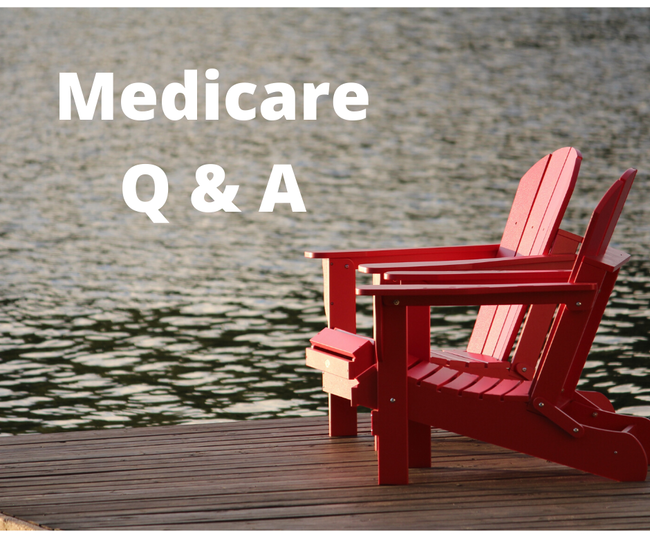
It was unclear how this could have happened, and it seemed rude to ask. The Medicare beneficiary, who had Medicare Part A only, made an appointment with a Senior Health Insurance Benefits Assistance (SHIBA) counselor to ask how to enroll in the rest of Medicare.
Unless they have employer insurance, most people enroll in Medicare upon turning 65. This individual was well beyond age 65, and faced substantial late-enrollment penalties – very likely more than $100 a month – for years of failing to enroll in Medicare Part B or to have insurance for prescription drugs.
But this was an instance where a modest income would enable the individual not only to enroll in Medicare Part B, but also to have the late-enrollment penalties waived. The SHIBA counselor provided information about how to have the State of Oregon qualify the individual to avoid the financial penalties, and then to contact the Salem Social Security office to enroll in Medicare.
If you would like to make a SHIBA appointment, or to ask a question to be answered here, please see the end of this column.
I see all these TV ads for Medicare open enrollment. I have Medicare insurance, and I’m fairly well satisfied. Should I be doing something?
If you have Medicare Advantage insurance and you’re happy with it, you need do nothing. You should have received a mailing in September describing any changes in your insurance for 2022.
Open enrollment began Oct. 15 and runs through Dec. 7. Many people use open enrollment to see if they can find another Medicare Advantage plan or prescription drug plan that would serve them better. Plans have differing premiums, doctor and hospital co-pays, costs for prescription drugs, maximum out-of-pocket expenses and such.
If you want to review insurance plans, your options include logging on to Medicare.gov, making an appointment with a SHIBA counselor or speak with a state-certified insurance broker.
My Medicare is fast approaching, and I’ve been checking out Medigap supplemental insurance. I had thought Medigap was a single type of insurance policy, but see that I would have a choice of several. Where can I learn how they differ?
Yes, you will have a choice of nine different types of Medigap policy. They have differing premiums, they may cover various costs differently, one is a high-deductible policy, and five will help pay out-of-country medical costs.
The policy types are identified by a letter (Plan C, Plan F and Plan F high-deductible are not available to new enrollees). To see a grid showing what the various policies cover, see see page 38 of the 2022 Oregon Guide to Medicare Insurance Plans.
I know people in another apartment who are struggling to pay their Medicare premiums. I asked if they had checked to see if they could avoid the premiums, but they didn’t know what do? Advice?
You asked about having their Medicare Part B premiums paid, so let’s start there. To have the State of Oregon pay their Medicare Part B premium, their gross monthly income as a married couple could not exceed $1,980 (or $1,469 for a single person). This benefit has no assets test. To apply, they could call the Salem office (if they’re Marion County residents) or Dallas office (if Polk County) of Northwest Senior and Disability Services. They would ask to speak with an eligibility specialist and say they would like to apply for the Medicare Savings Program, or MSP.
Even if they do not qualify for that, they might qualify for “extra help” paying for prescription drugs. Their combined gross monthly income could not exceed $2,198 (or $1,630 for a single person), and their assets – not including house or car – could not exceed $29,520 ($14,790 for an individual).
But if they qualify to have their Part B premiums paid, then they would automatically qualify for extra help at the pharmacy.
Jim Sellers of Salem is a certified Medicare counselor with the Senior Health Insurance Benefits Assistance (SHIBA) program. To ask a question to be answered in this column, e-mail [email protected]. To schedule a free SHIBA phone appointment with a volunteer Medicare counselor, call 800-722-4134.









